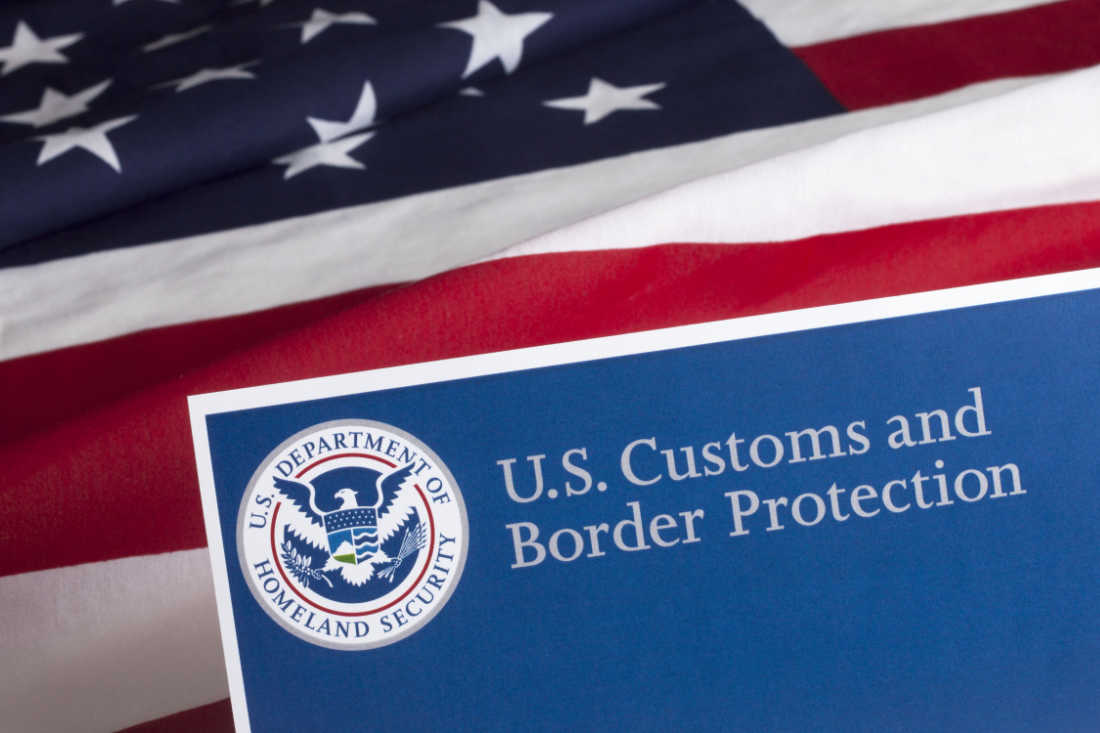Applying for a U.S. Customs Bond
A U.S. Customs bond is a type of surety bond required by the U.S. Customs and Border Protection (CBP) for certain entities involved in international trade.
U.S. Customs bonds are in place to make sure customs rules are followed and to safeguard the revenue of the United States. The import bond acts as a promise that all necessary duties, taxes, and fees will be paid, and that the imported goods will meet all the required laws and regulations.
A customs bond is required for any commercial import with a value of $2,500 or higher.
Importers may benefit from consulting with customs brokers, trade attorneys, or other experts who specialize in international trade compliance. These professionals can provide guidance on bond requirements, assist with the application process, offer insights on regulatory changes, and provide ongoing support to ensure importers remain compliant with all customs obligations. Leveraging their expertise can help importers streamline their operations, minimize risks, and maintain a strong and compliant presence in the international trade arena.
Two Types of Import Bonds
1. Single Entry Bond
A Single Entry Bond can be obtained by importers who plan to bring goods such as medical devices into the country on a one-time basis rather than on a continuous basis (see more information on Continuous Bond option below). Once the transaction is complete and the goods have been cleared by CBP, the bond is discharged. Importers must provide detailed information about the shipment, including the type and value of the goods, the country of origin, and the intended use of the items.
- The bond amount is determined by adding the value of the cargo to the duty. The billing rate is approximately $5.00 per $1000 of the bond amount, with a minimum fee of $60.00.
2. Continuous Entry Bond
The U.S. Continuous Entry Bond provides coverage for multiple import transactions over a specified period. It is perfect for importers who engage in regular or frequent import activities to the United States, offering convenience and cost savings compared to obtaining a separate bond for each individual shipment.
- The amount of a Continuous Bond is calculated as 10% of the total duties, taxes, and fees paid by the importer over a 12-month period.
- The minimum allowable size for a Continuous Customs Bond set by the CBP is $50,000.
Which Bond Is Right for You?
The decision between a single entry bond and a continuous bond depends on the importer's preferences and is heavily influenced by the number of import transactions and their corresponding value throughout the year.
How To Apply for a Customs Bond
Seeking advice from trade compliance experts, such as customs brokers or trade attorneys is recommended as they provide guidance on bond requirements, assist with applications, offer regulatory insights, and ensure ongoing compliance support.
Some customs brokers such as Mercury not only sell bonds but also act as agents for sureties. You can also contact a surety that is licensed by the U.S. Department of the Treasury. The Bureau of the Fiscal Service provides a list of approved sureties that you can refer to.
Typically, the issuance of the US customs bond occurs within about 5 days following the successful completion of the application. Once approved, the CBP provides a distinct bond number that is linked to the Importer Number/Tax ID of your company.
source: https://www.cbp.gov/
